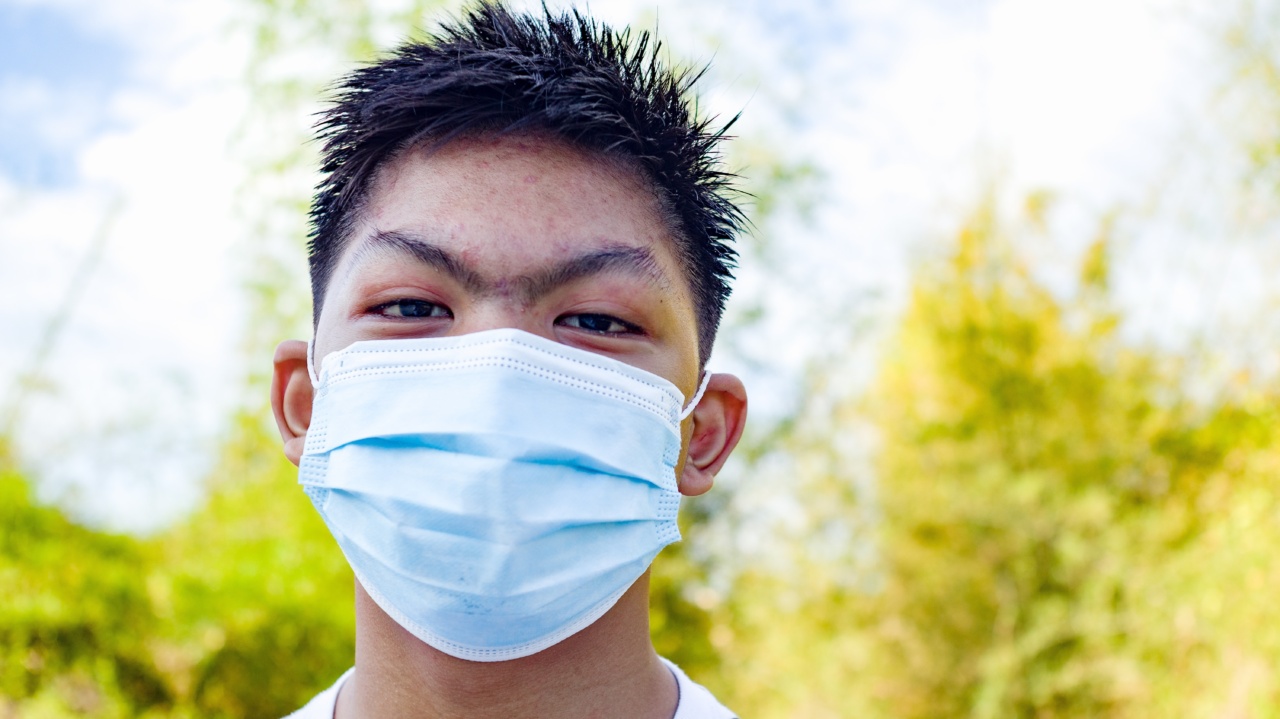Hypertension, also known as high blood pressure, is a condition characterized by elevated blood pressure levels. This chronic medical condition occurs when the force of blood against the walls of the arteries is consistently too high.
Blood pressure is measured using two numbers – systolic pressure and diastolic pressure. The systolic pressure represents the force exerted on the arterial walls when the heart beats, while the diastolic pressure is the force on the arterial walls between heartbeats.
The Prevalence of Hypertension among Teens
Traditionally considered an ailment primarily affecting adults, hypertension is increasingly becoming prevalent among teenagers.
Considering the rising rates of obesity, sedentary lifestyles, and poor dietary habits among young individuals, it is not surprising that hypertension is affecting teenagers at an alarming rate. According to recent studies, approximately 4% of adolescents aged 13 to 18 years have high blood pressure. This is a concerning trend that warrants attention from both healthcare professionals and parents.
The Role of Poor Diet in Teenage Hypertension
One of the main contributing factors to hypertension in teenagers is an unhealthy diet. Many teens consume high amounts of processed foods, fast food, sugary beverages, and snacks that are laden with unhealthy fats and excessive sodium.
These eating patterns can lead to weight gain and an increased risk of developing hypertension. Furthermore, the lack of essential nutrients found in fruits, vegetables, and whole grains can also contribute to elevated blood pressure levels among teenagers.
The Impact of Sedentary Lifestyles on Blood Pressure
In recent years, the prevalence of sedentary lifestyles has become a cause for concern among healthcare professionals.
Teenagers often spend excessive amounts of time engaging in activities such as watching television, playing video games, or using smartphones, leading to a decrease in physical activity levels. Regular exercise not only helps maintain a healthy weight but also has a positive influence on blood pressure regulation. The lack of physical activity, coupled with poor dietary choices, contributes to the development of hypertension in teenagers.
The Link Between Obesity and Hypertension in Teens
Obesity is a widespread issue among teenagers, with an increasing number of adolescents falling into the overweight or obese category. Excess weight places additional strain on the cardiovascular system and can lead to high blood pressure.
The accumulation of visceral fat, which surrounds the organs in the abdomen, has been particularly linked to hypertension. It is important for parents, schools, and healthcare providers to address the issue of obesity among teenagers to reduce the risk of developing hypertension.
The Psychological Impact of Hypertension on Teens
While the physical health implications of hypertension are well-known, its psychological impact on teenagers should not be overlooked. Adolescence is a period marked by the struggle for identity, self-esteem, and social acceptance.
The diagnosis of hypertension at such a crucial stage can weigh heavily on the mental well-being of teenagers. It may lead to feelings of anxiety, stress, and even depression. Therefore, it is crucial to offer emotional support, education, and counseling to help teenagers cope with the challenges associated with hypertension.
The Role of Family History and Genetics
Another important factor that increases the risk of hypertension in teenagers is family history and genetics.
If one or both of a teenager’s parents have high blood pressure, the likelihood of the teenager developing the condition is significantly higher. Genetic factors play a role in determining blood pressure regulation and can predispose individuals to hypertension.
Teens with a family history of high blood pressure should be particularly vigilant about maintaining a healthy lifestyle and monitoring their blood pressure regularly.
The Dangers of Untreated Hypertension in Teenagers
High blood pressure, if left untreated, can have serious consequences for teenagers. The strain on the arterial walls can lead to the development of cardiovascular diseases such as heart disease, stroke, and kidney problems later in life.
Additionally, hypertension can negatively impact the function of other vital organs, including the eyes and brain. Recognizing and managing hypertension in teenagers is of paramount importance to prevent long-term complications.
How to Reduce the Risk of Hypertension in Teenagers
As parents, educators, and healthcare providers, there are several strategies we can adopt to reduce the risk of hypertension among teenagers:.
- Promoting a healthy diet: Encouraging teenagers to eat a balanced diet rich in fruits, vegetables, whole grains, and lean proteins can contribute to maintaining healthy blood pressure levels.
- Encouraging physical activity: Motivating teenagers to engage in regular physical activity, such as sports, swimming, or simply walking, can help maintain a healthy weight and regulate blood pressure.
- Limiting screen time: Setting limits on the amount of time teenagers spend on sedentary activities like watching television or using smartphones can promote a more active lifestyle.
- Reducing salt intake: Advising teenagers to limit their consumption of high-sodium foods and encouraging them to seek out healthier alternatives is essential in managing blood pressure.
- Regular blood pressure monitoring: Emphasizing the importance of monitoring blood pressure regularly can help identify hypertension early and initiate appropriate interventions.
Conclusion
Hypertension is no longer a concern limited to adults; teenagers are increasingly being affected by this condition.
The combination of poor dietary habits, sedentary lifestyles, and the rising rate of obesity among teenagers has contributed to the increased prevalence of hypertension. Recognizing the risks and taking proactive measures to promote a healthy lifestyle and regular blood pressure monitoring can significantly reduce the risk of hypertension and its long-term complications in teenagers.
By empowering our young individuals with knowledge and support, we can make a positive impact on their overall health and well-being.





























